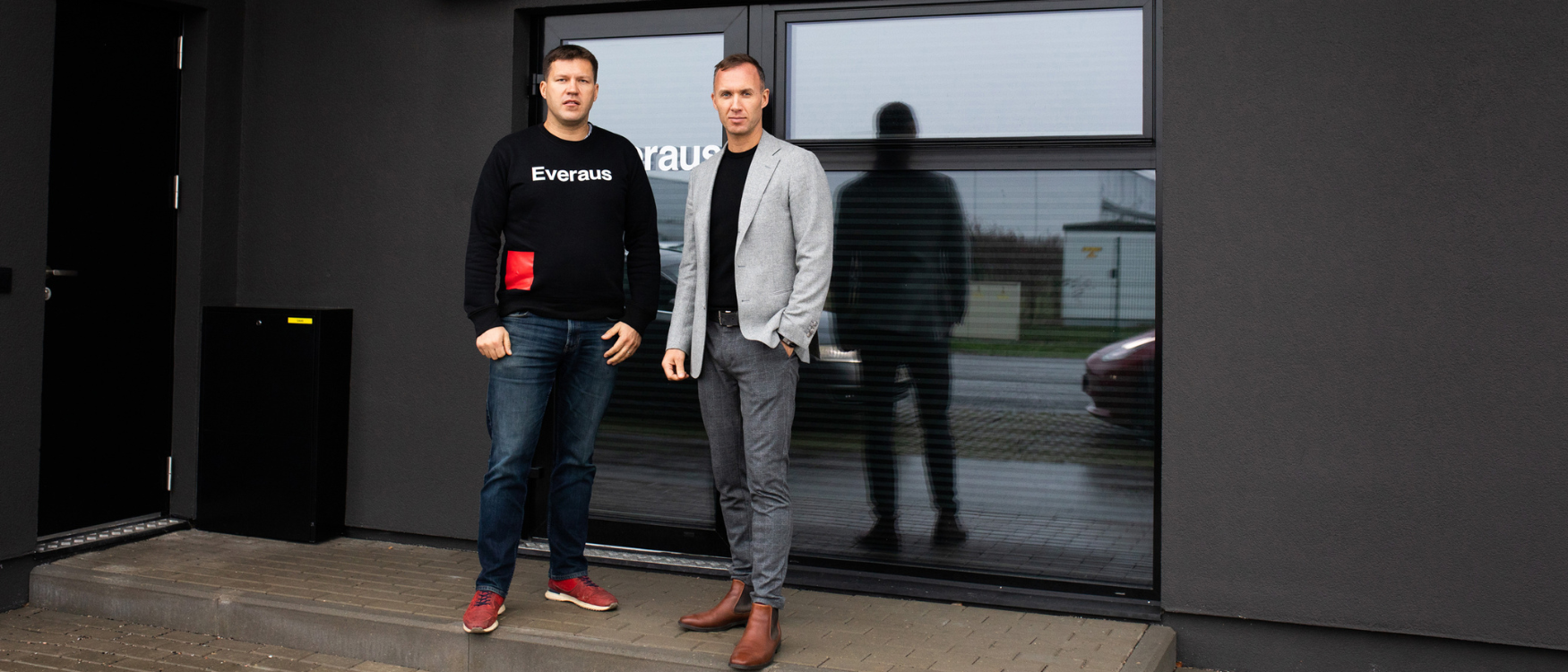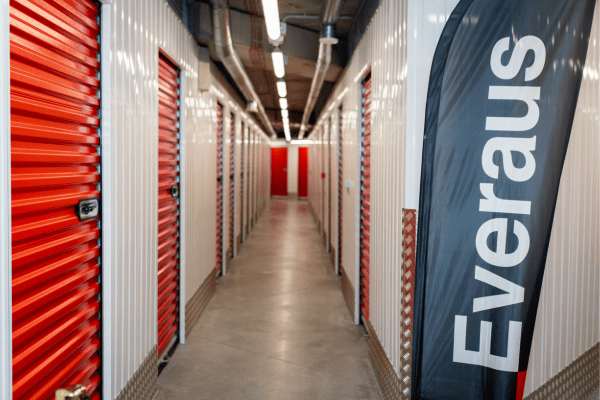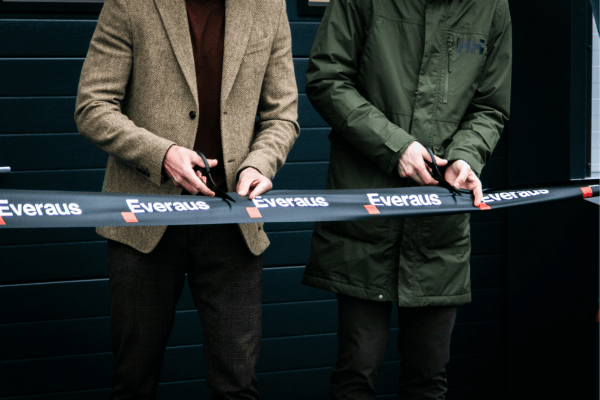Owning your own home can be an effective way of shoring up your financial security and stability while investing for your future. “Real estate is usually a long-term investment that tends to gain in value over time, so for young people, owning their own home can be a way of achieving financial security and their future plans,” Muttik said.
Investor Jaak Roosaare adds that one of the most common ways of making money from real estate is to rent out an existing home. “My first exposure to property was quite traditional, I suppose, in that it came when my better half inherited a one-bedroom apartment in Tartu, where we ourselves lived for a long time,” he explained. “Later, when we moved to Tallinn, we started making money by renting it out.”
However, real estate as a field can pique young people’s interest well before they buy their first home. “I encourage parents to start explaining the different aspects involved in property to their kids from an early age,” Muttik revealed. “For instance, I’ve told my own kids that building a house starts with purchasing land to build it on and then designing the house itself. Obtaining the finances you need is important as well, for construction or development and purchasing alike. In addition to a general understanding of how property works, this sort of knowledge could get youngsters thinking that maybe one of these stages is something they’d be interested in and want to succeed in when they grow up.” Roosaare adds that he sometimes takes his children with him to the company’s building sites, and that he explains the nature of the rental market to them so that they have a better understanding of how real estate can earn people money.
The first house Muttik built in order to sell was completed when he was just 24 years old. “Before that, I tried making money by doing construction work on the side while I was still at school, but I soon realised I’d rather be an entrepreneur,” he said. “That led me to set up my own company, which was involved in roads and private homes.” Roosaare took his first steps in the world of real estate when he was 28. “Some friends and I renovated an apartment in Põhja-Tallinn with a view to renting it out,” he explained. “It was a big success.”
Both men note that another option when it comes to investing in the property sector is to acquire shares in real estate companies. “Young people don’t have the money to start their own property development businesses straight off the bat, but for a small amount of money anyone can own such a company, or part of it anyway, through shares,” Muttik said. “And everything you analyse when deciding which company to invest in will provide a good overview of the sector as a whole, giving you a better understanding of the background to real estate when making bigger investments in the future.”
Preparation is the basis of all things
But there are a number of aspects young people should take into account before diving head-first into the real estate sector. The first thing they should do is assess their financial situation and confidence regarding the future.
“Buying a property involves a variety of costs, including the deposit, your loan repayments, insurance, upkeep and repairs, and taxes,” Muttik noted. “So it’s important to make sure you’ll be able to cover those costs so as to avoid your investment becoming immediately unprofitable.” He also says young people should look at prices and the market conditions and consider the importance of location. “A good location can have a huge impact on the value of a property and its future returns,” he said.
Roosaare adds that if a property is being acquired for immediate rental, then it is important to think about the target group. Would they rather short-term renters or long-term tenants? Would they prefer families, or do they have no particular preference? “This will give them an idea of whether, for example, they should choose a home on the outskirts of the city with lots of green space around it,” he advised.
Muttik concludes by saying that real estate can be an important way for young people to build up their financial security and invest in their future. “But it’s a decision you should weigh up really carefully, taking into account your financial situation, lifestyle and goals,” he cautioned. “Owning property can be one way to gain financial security and achieve your future plans, but it requires a lot of preparation and informed decisions. Owning a home is an expense, but it’s also an investment in your quality of life and sense of security, and not one that should be underestimated. At times it can be more important than some financial figures on an Excel sheet.” Roosaare adds that property can provide more than just the usual returns. “It can also offer ‘lifestyle dividends’, especially at the higher end of short-term rental market,” he said.
Further information
Kids fresh out of school often lack both knowledge and confidence, and tend to wonder which are the best channels to get the information they need to start their investment journey. Fortunately, a number of Estonian-language books on financial literacy are available in libraries and bookshops that experts recommend to anyone with an interest in investing and securing their future.
There are also free podcasts (in Estonian and English) on money and investing, as well as regular seminars and conferences on real estate and investing for young people, which are always worth attending. Along with gaining practical knowledge and validation of your ideas at such events, they are equally valuable in terms of helping you find like-minded people to discuss things with that interest you, and perhaps even start a business together.
Janar Muttik and Jaak Roosaare will be speaking at Estonia’s first Youth Investment Camp in Viirelaid this summer. Participation is free of charge, with applications open until 15 May: https://noorteinvesteerimislaager.ee



